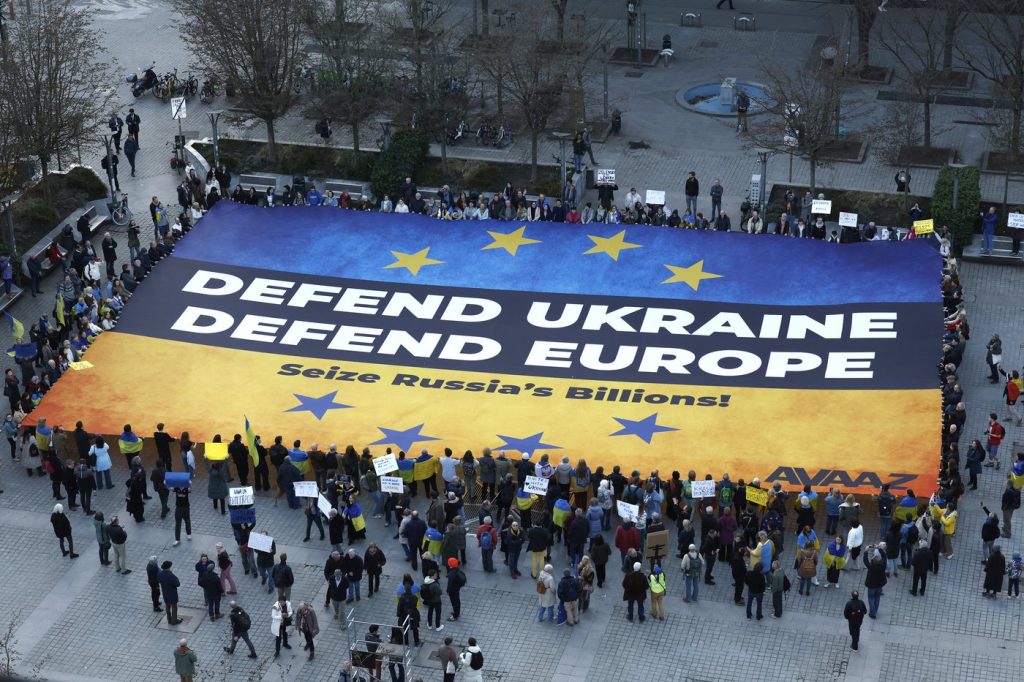European Union leaders convened for emergency discussions on Thursday, focusing on strategies to swiftly enhance their military budgets. This urgent meeting follows the Trump administration's indication that Europe needs to prioritize its own security and its recent decision to suspend assistance to Ukraine.
In recent weeks, President Donald Trump has dramatically altered perceptions regarding U.S. reliability as a security partner. By embracing closer ties with Russia and reducing American support for Ukraine, he has created a profound uncertainty in transatlantic relations. As part of this shift, on Monday, Trump ordered a halt to military supplies to Ukraine, aiming to pressure Ukrainian President Volodymyr Zelenskyy into negotiations to conclude the ongoing conflict with Russia. This development has raised the stakes for the upcoming European summit in Brussels.
In the wake of the U.S. decision, France has stepped up its involvement by providing military intelligence to Ukraine, as Washington announced a freeze on information sharing. French Defense Minister Sebastien Lecornu emphasized the sovereignty of France's intelligence, stating, "Our intelligence is sovereign. We have intelligence that we allow Ukraine to benefit from." Additionally, in response to the suspension of U.S. military aid, French President Emmanuel Macron instructed Lecornu to expedite French aid packages to support Ukraine.
Tragically, in the midst of these developments, a Russian ballistic missile strike killed four individuals in Zelenskyy's hometown, Kryvyi Rih, overnight. Zelenskyy revealed that volunteers from a humanitarian organization had recently entered the hotel that was targeted, although it remains unclear whether they were among the 31 individuals injured in the attack. The Ukrainian air force reported that Russia launched 112 Shahed drones and two ballistic Iskander missiles against Ukraine during the night.
Back in Brussels, high-level meetings began early on Thursday morning, with Friedrich Merz, the likely next chancellor of Germany, holding discussions with summit chairman Antonio Costa on bolstering Europe's defenses under time constraints. Merz had previously advocated for a loosening of Germany's fiscal rules to facilitate increased defense spending, reflecting a significant change in the country’s military policy. Meanwhile, Macron was expected to meet with EU leaders to discuss the potential deployment of France's nuclear deterrent as a safeguard against Russian threats.
On Wednesday evening, Macron assured the French public that the EU would "take decisive steps forward." He indicated that member states would be permitted to enhance their military spending significantly and that substantial joint funding would be allocated for the purchase and production of innovative munitions, tanks, weaponry, and other military equipment within Europe. This strategic pivot marks a critical moment for Europe as it contemplates the implications of U.S. policy shifts under Trump and the evolving security landscape in response to Russian aggression.










